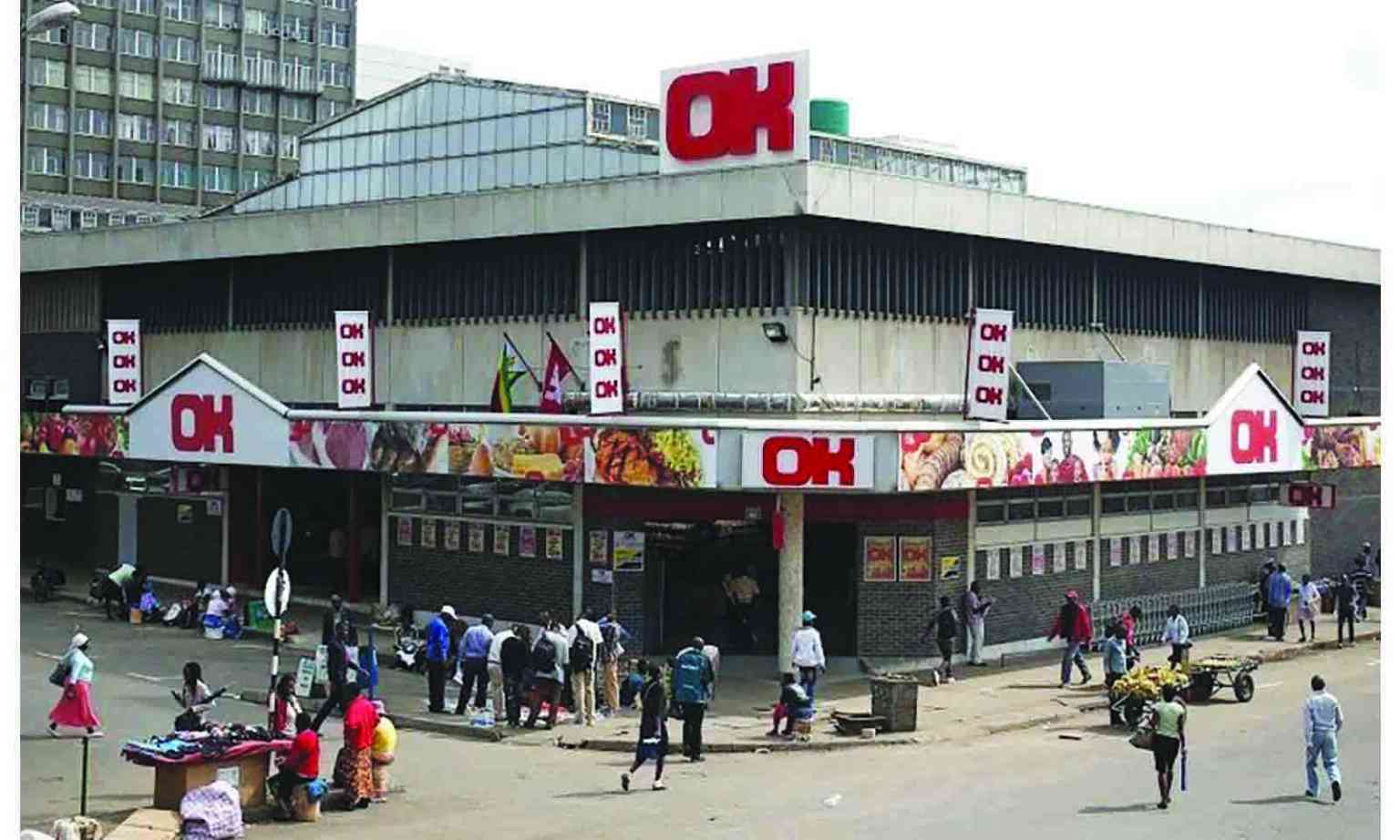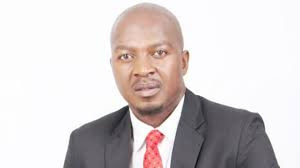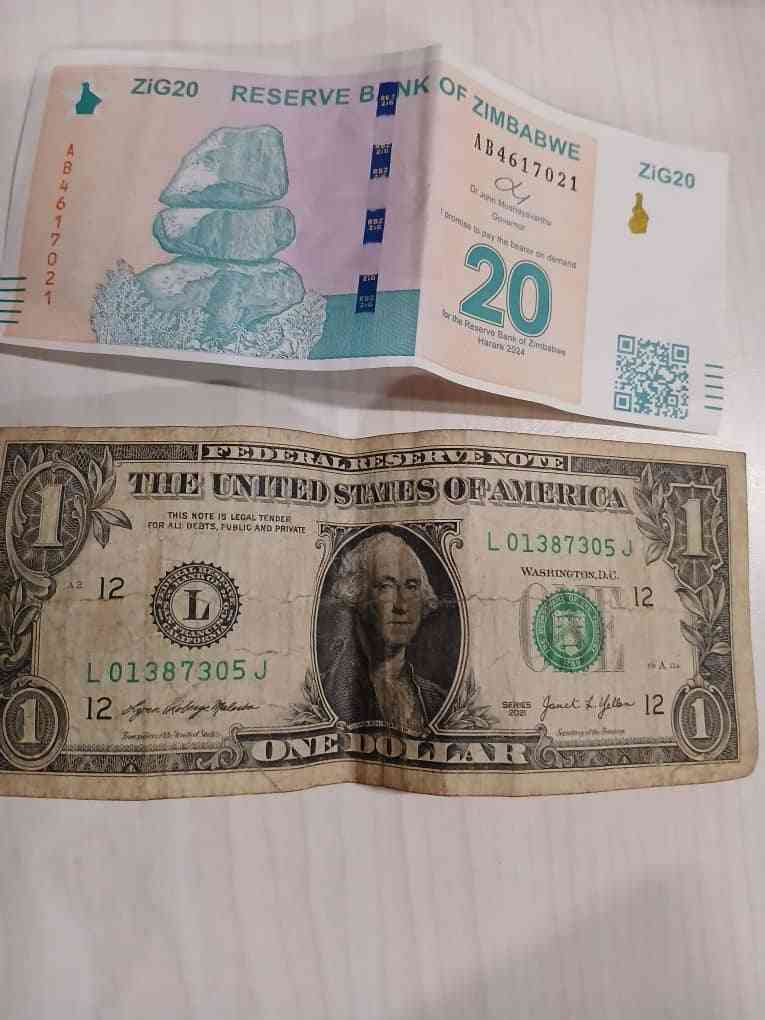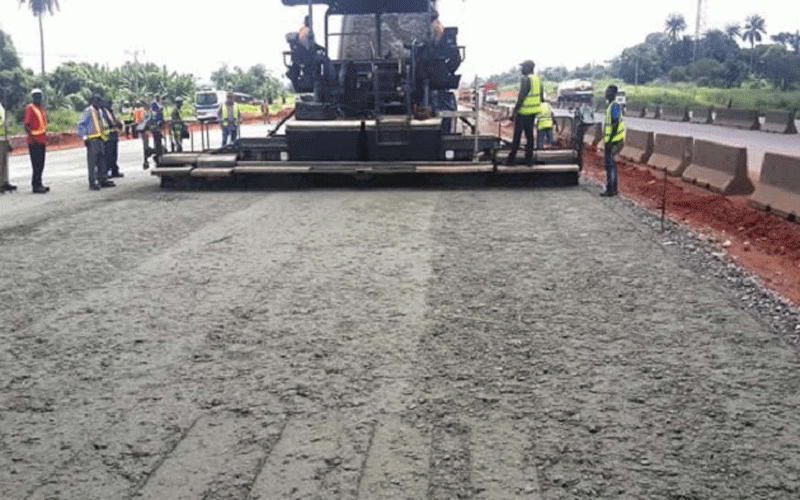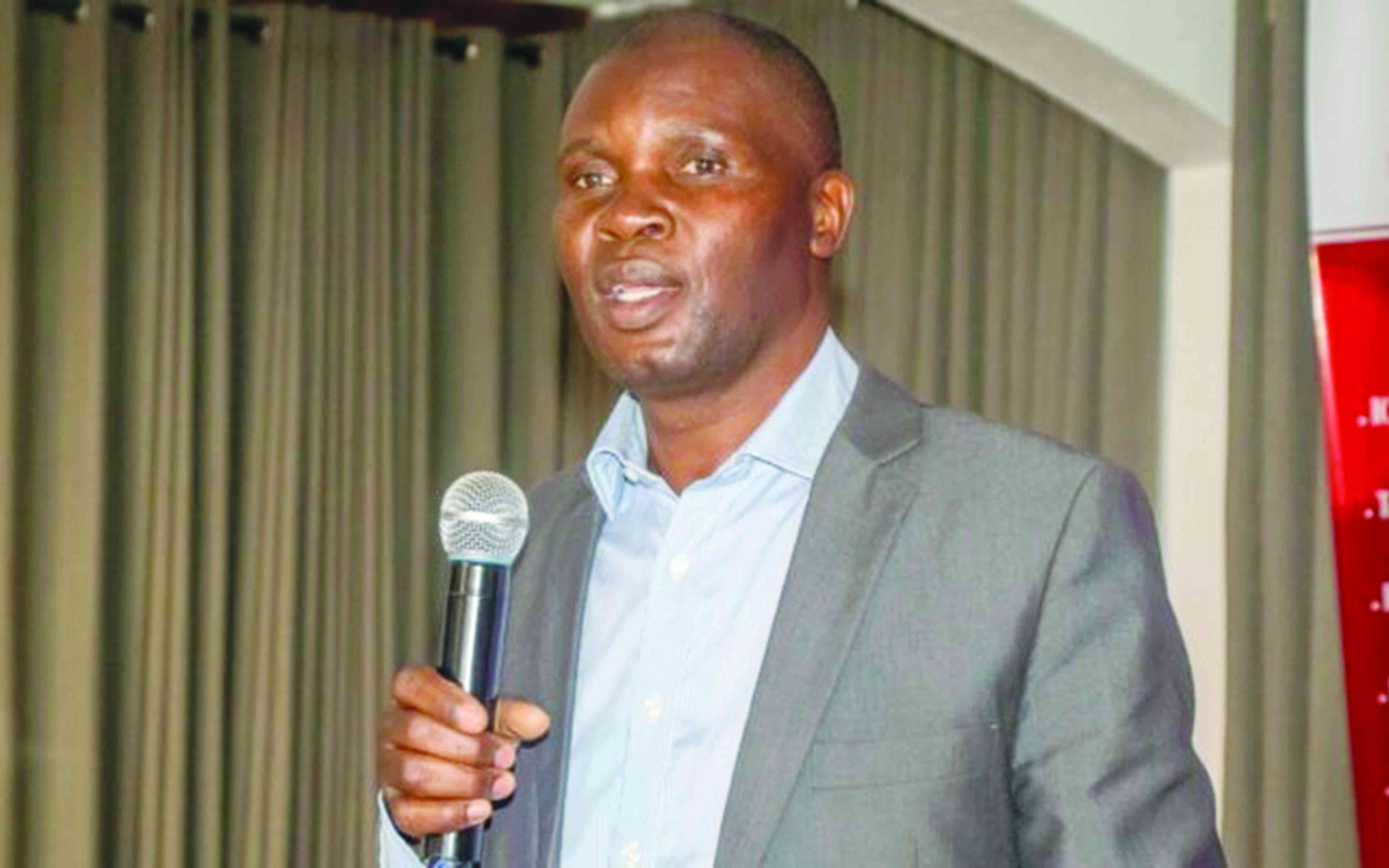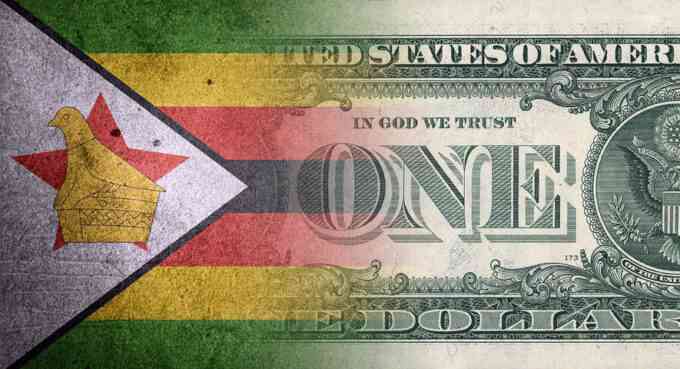
WHILE briefing journalists at the Zimbabwe Economic Development Conference in Bulawayo last week, Finance Minister Mthuli Ncube announced the country has entered the "third and decisive stage" of its de-dollarisation roadmap. This phase, aiming for a domestic mono-currency by 2030, is focused on entrenching currency stability and building strong economic fundamentals. For the government, it appears to be all systems go.
However, we urge the fiscal and monetary authorities to truly walk the talk on de-dollarisation. A repeat of the 2019 currency failure is unaffordable. All fundamentals supporting a local currency must be firmly in place before the transition. Currently, they are not.
Our local industry continues to struggle, with exports dominated by raw minerals. A successful shift requires a focused strategy on growing value-added exports and import substitution.
More critically, there is a glaring lack of political will. Zanu PF leaders and activists are demonstrably obsessed with the US dollar. Public figures like Wicknell Chivayo, Pedzai “Scott” Sakupwanya, and Kuda Tagwirei are usually seen flaunting and distributing US dollars in cash. We have never seen them championing the local currency.
These actions speak louder than words, clearly signalling that the ruling party is not psychologically or practically ready for a mono-currency. If the ruling elites are not ready, who should be? Then there is the issue of import cover. For a currency to be sustainable, it requires adequate foreign reserves - at least six months of import cover, which for in Zimbabwe amounts to approximately US$4,5 billion. This is by no means a huge figure, especially under the current circumstances.
To date, our reserves stand at only US$731 million, covering just about one month of imports. A solid, transparent plan is needed to show how the required reserves will be accumulated by 2030.
The other elephant in the room is entrenched corruption within government institutions.
We need strong, independent institutions with the teeth and political backing to tackle graft decisively in both the public and private sectors. Eliminating corruption would curb wasteful expenditure and direct resources towards productive sectors – the driving forces of an economy.
- Council blames its woes on Zimdollar
- Budget dampens workers’ hopes
- Govt issues $24 billion Covid-19 guarantees
- Letter to my People:They have no answers for Nero’s charisma
Keep Reading
Currently, the necessary political will is absent. In fact, the government often appears to aid and abet corruption.
As economist Gift Mugano has stated, we must move beyond rhetoric. He argues that the Office of the President and Cabinet must exercise its policy coordination role to the letter. He has suggested the establishment of a National Planning Commission to accelerate the implementation of national strategies, including the de-dollarisation roadmap.
We agree with him, but such agency must not be used as another looting weapon. Without unwavering Executive support and a clear roadmap, the de-dollarisation strategy is doomed. Authorities must address these fundamental concerns before proceeding.

